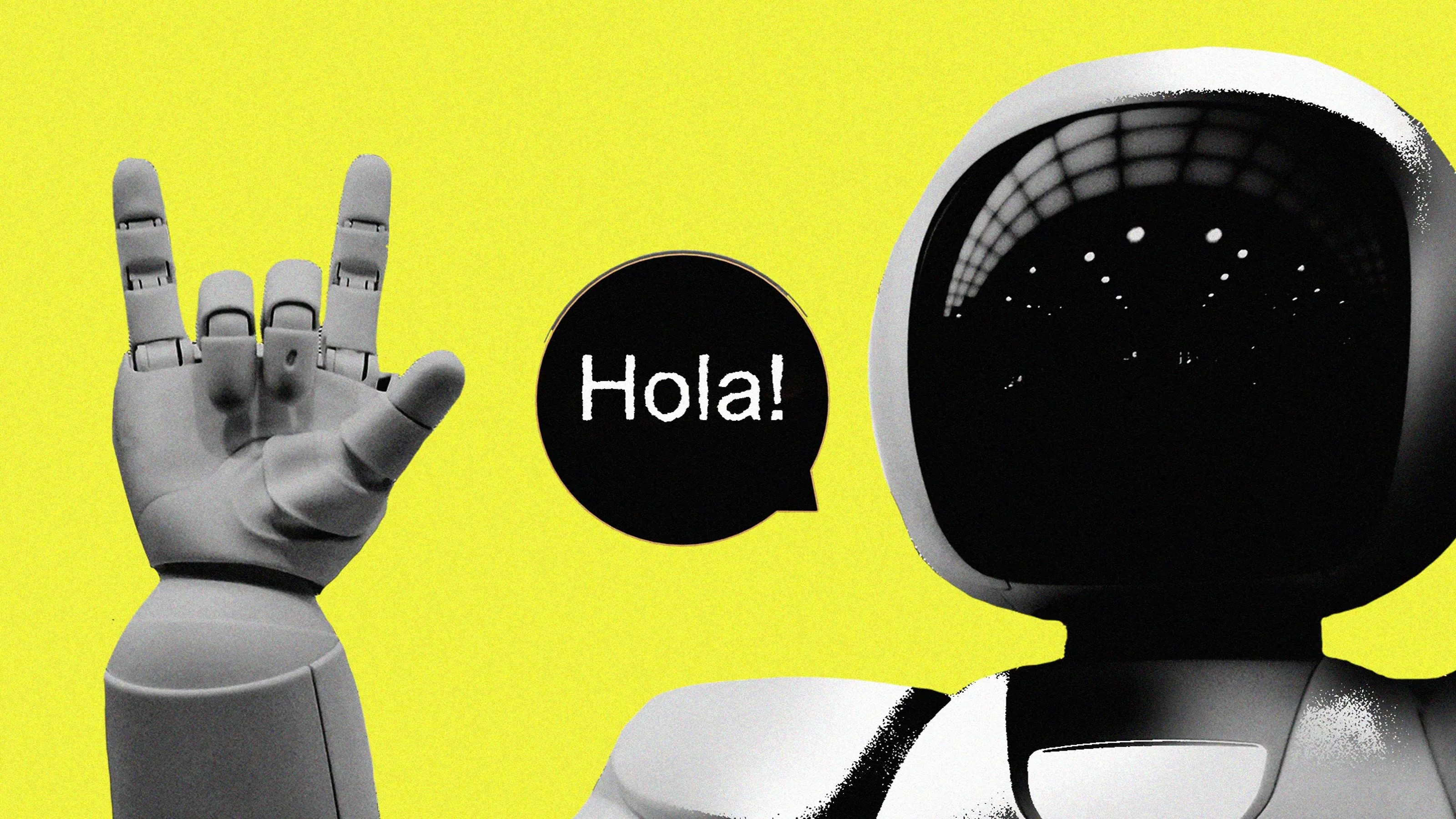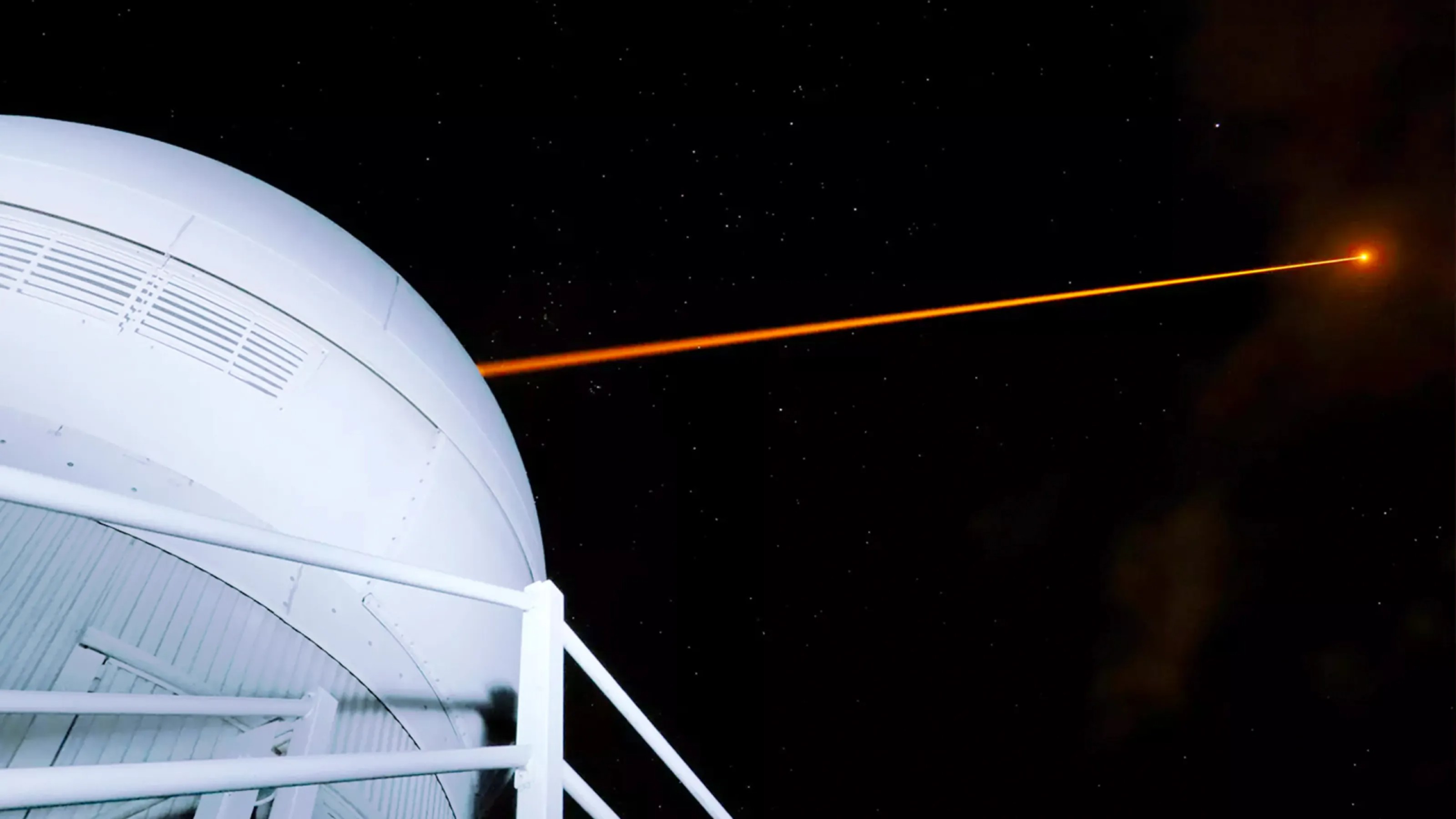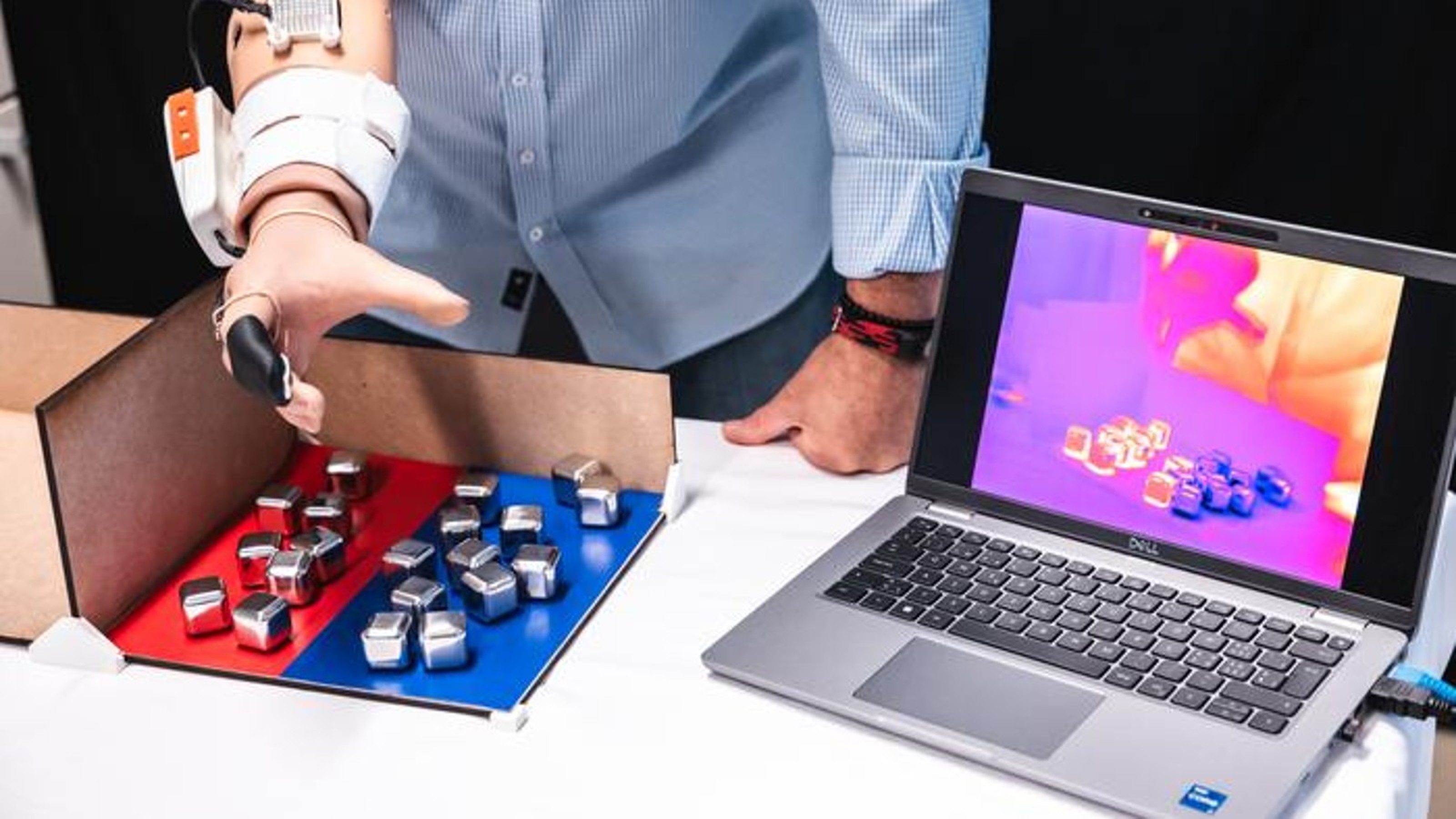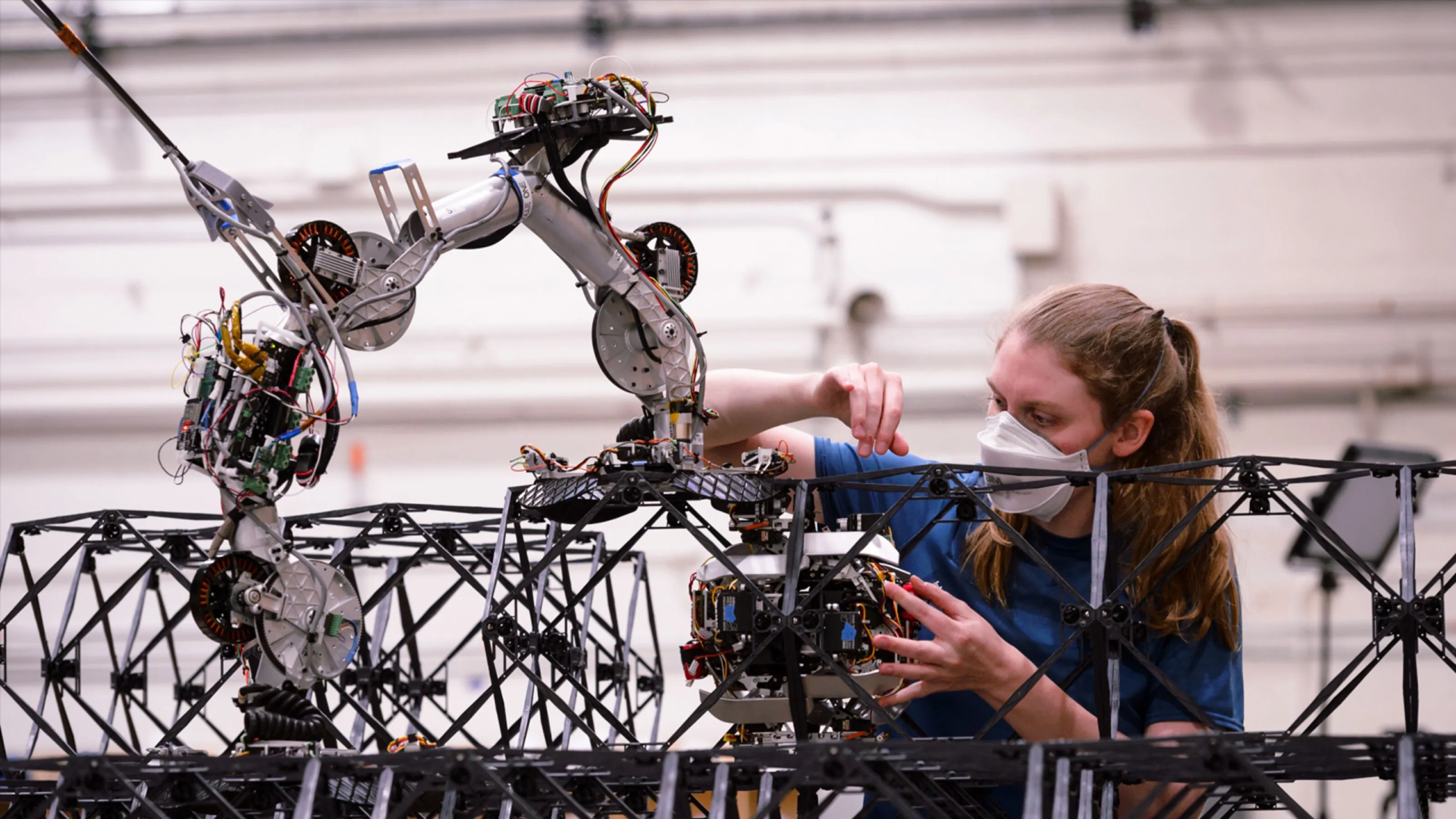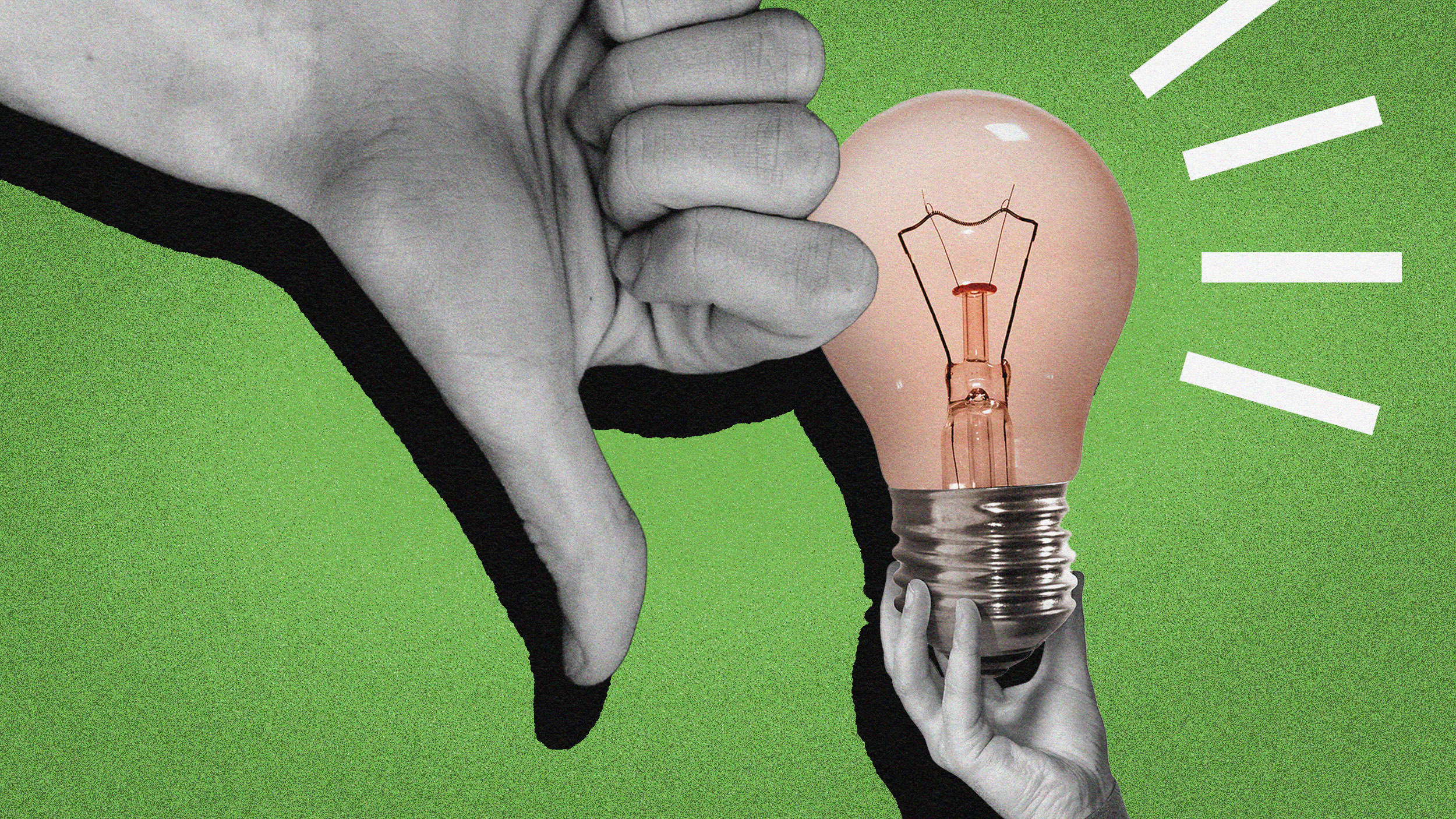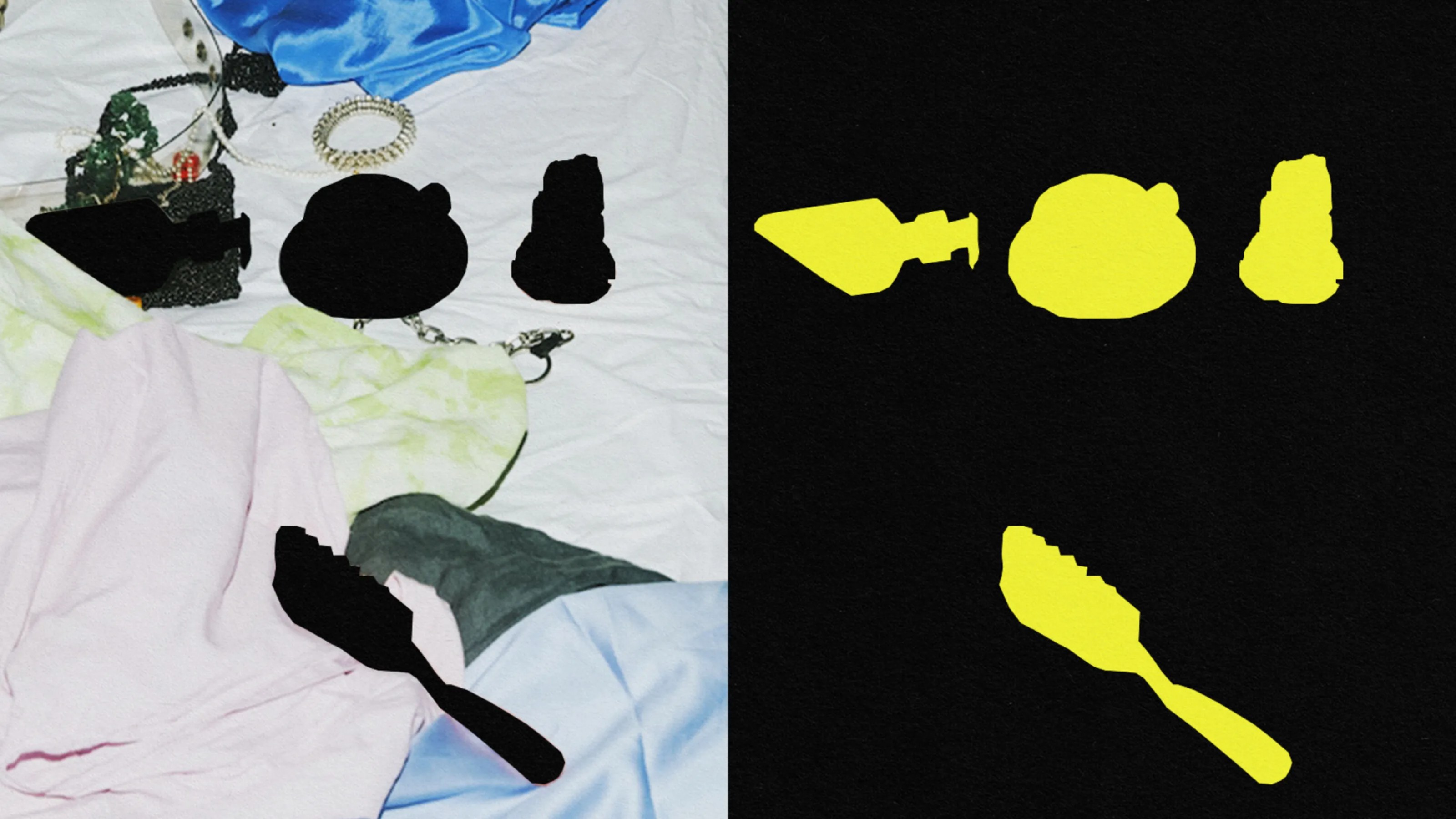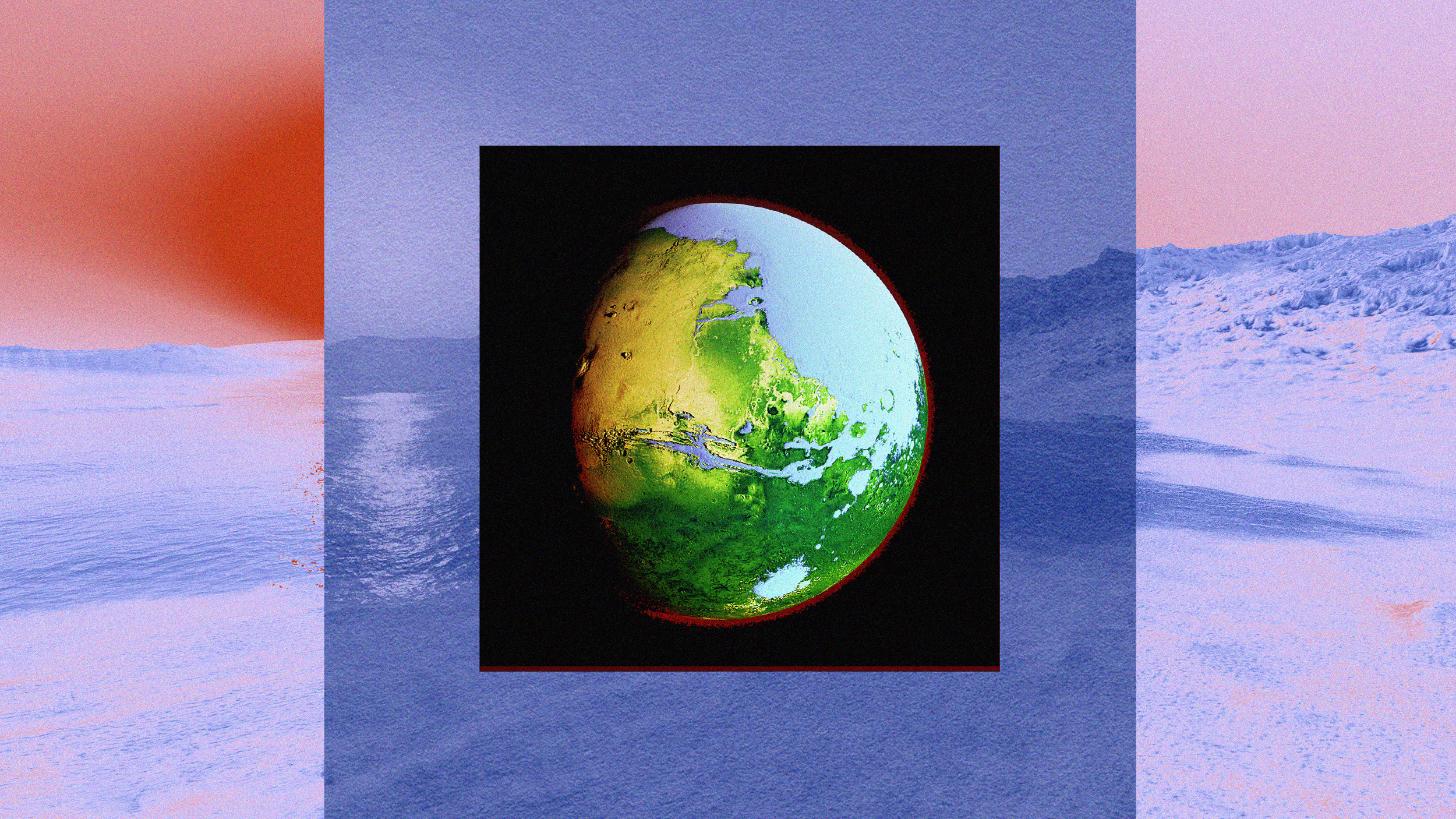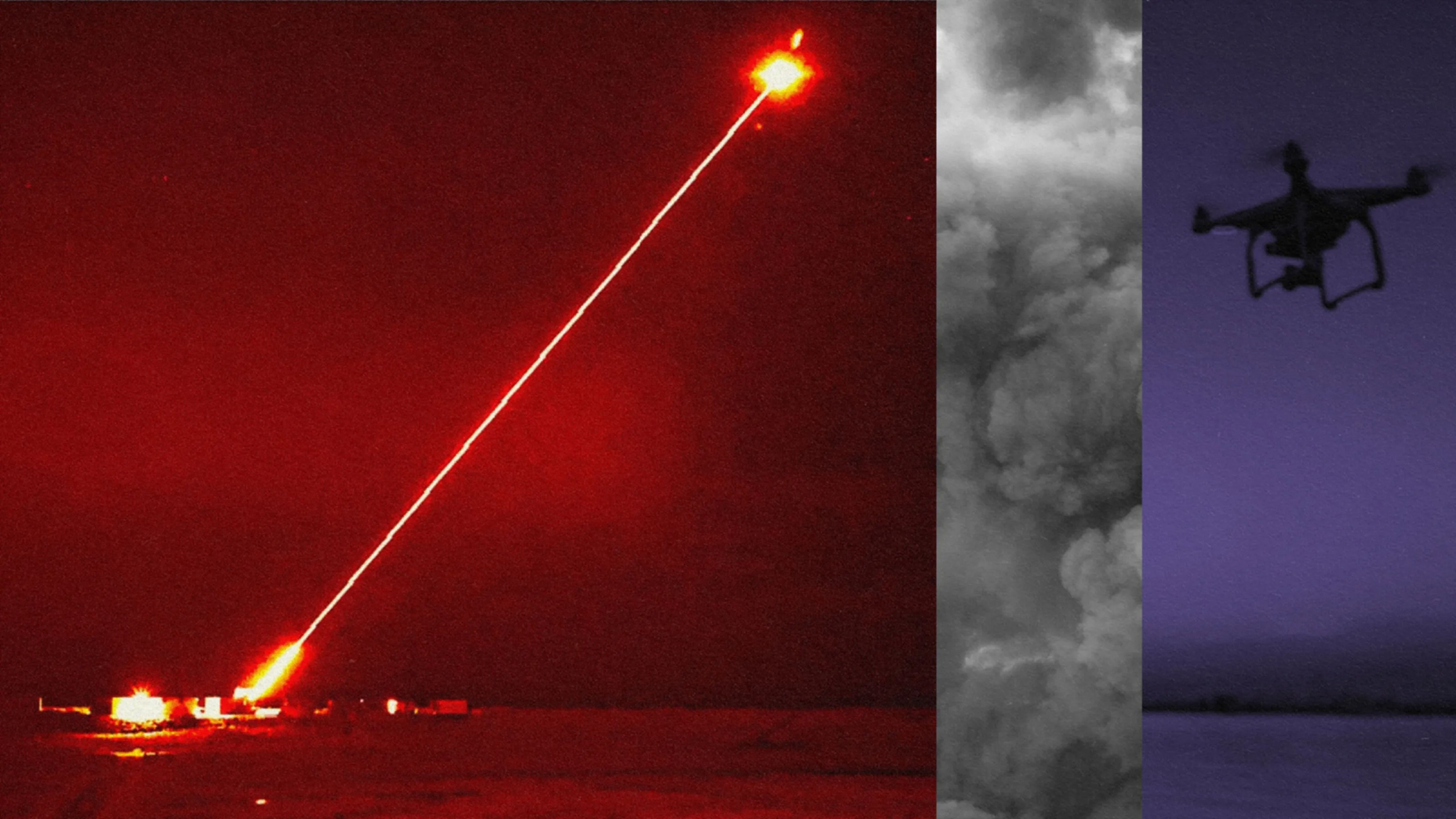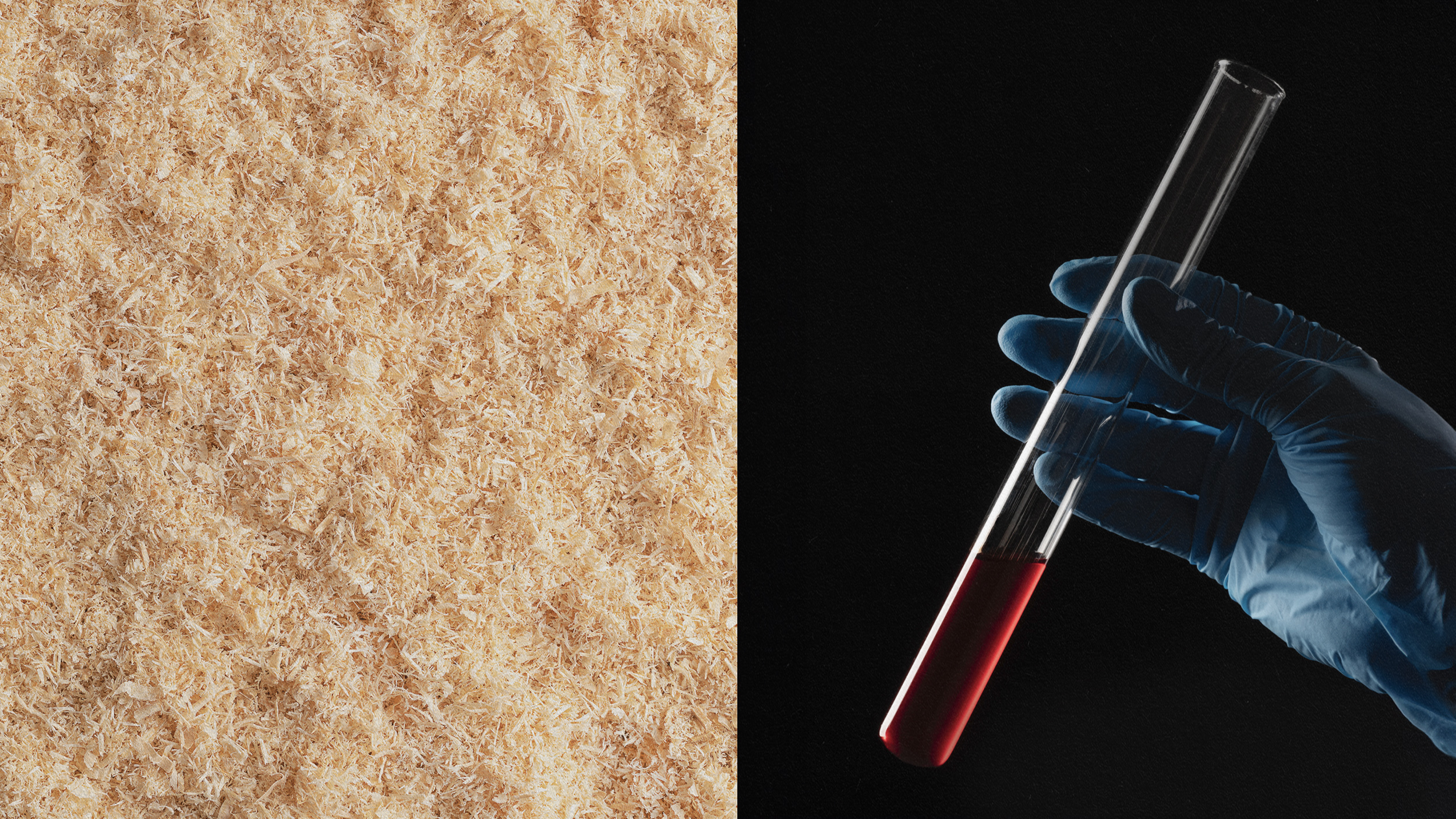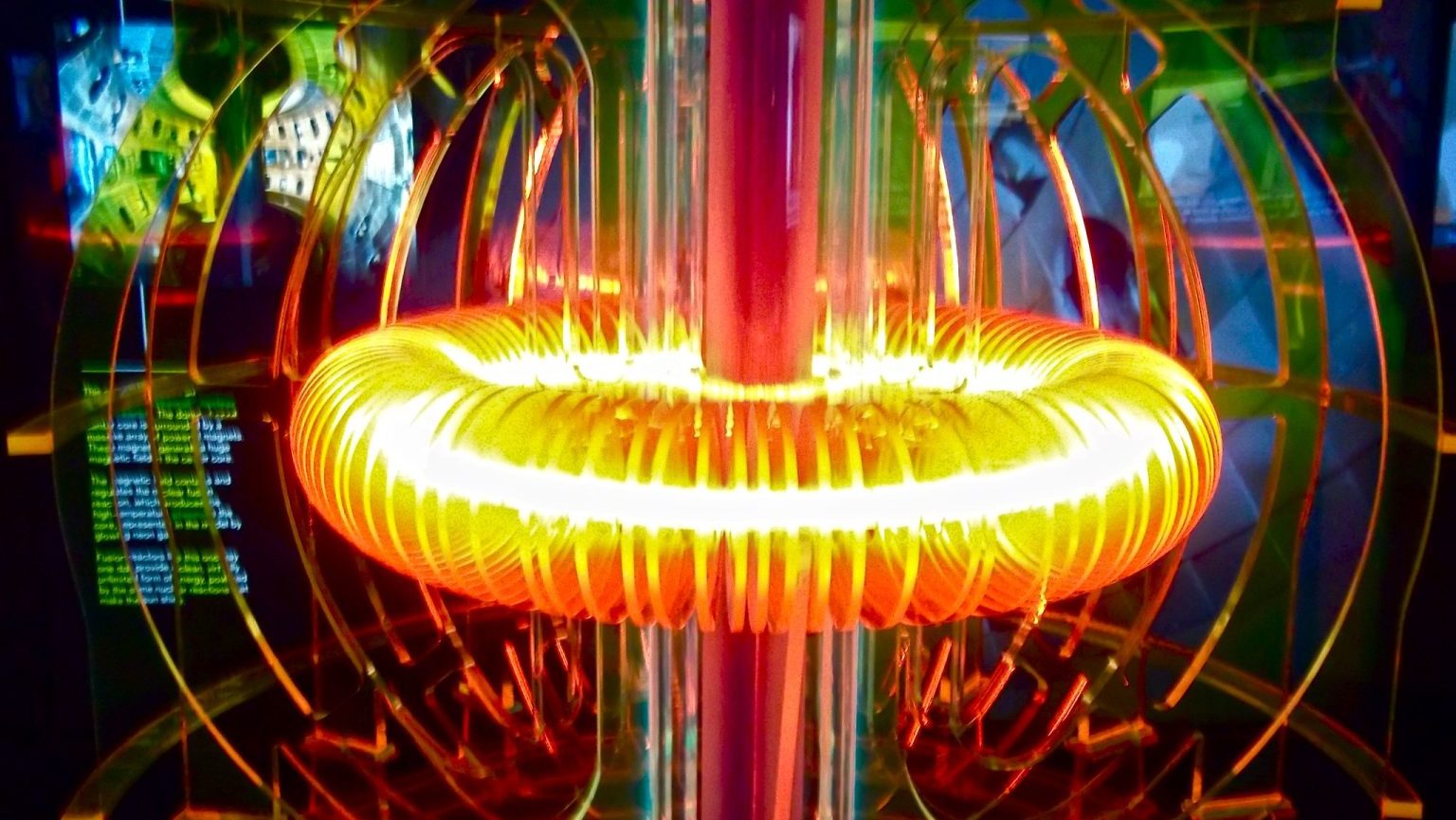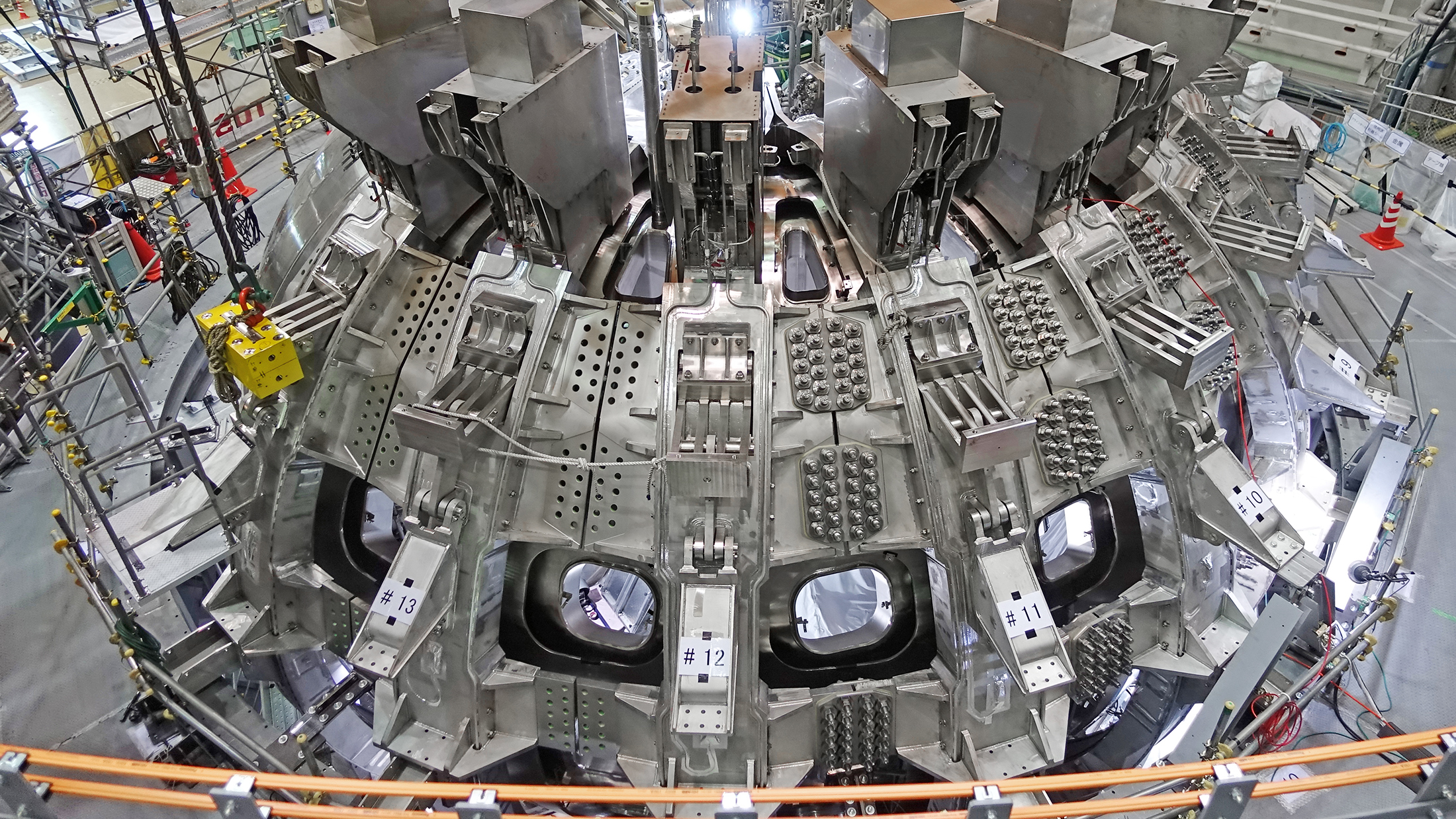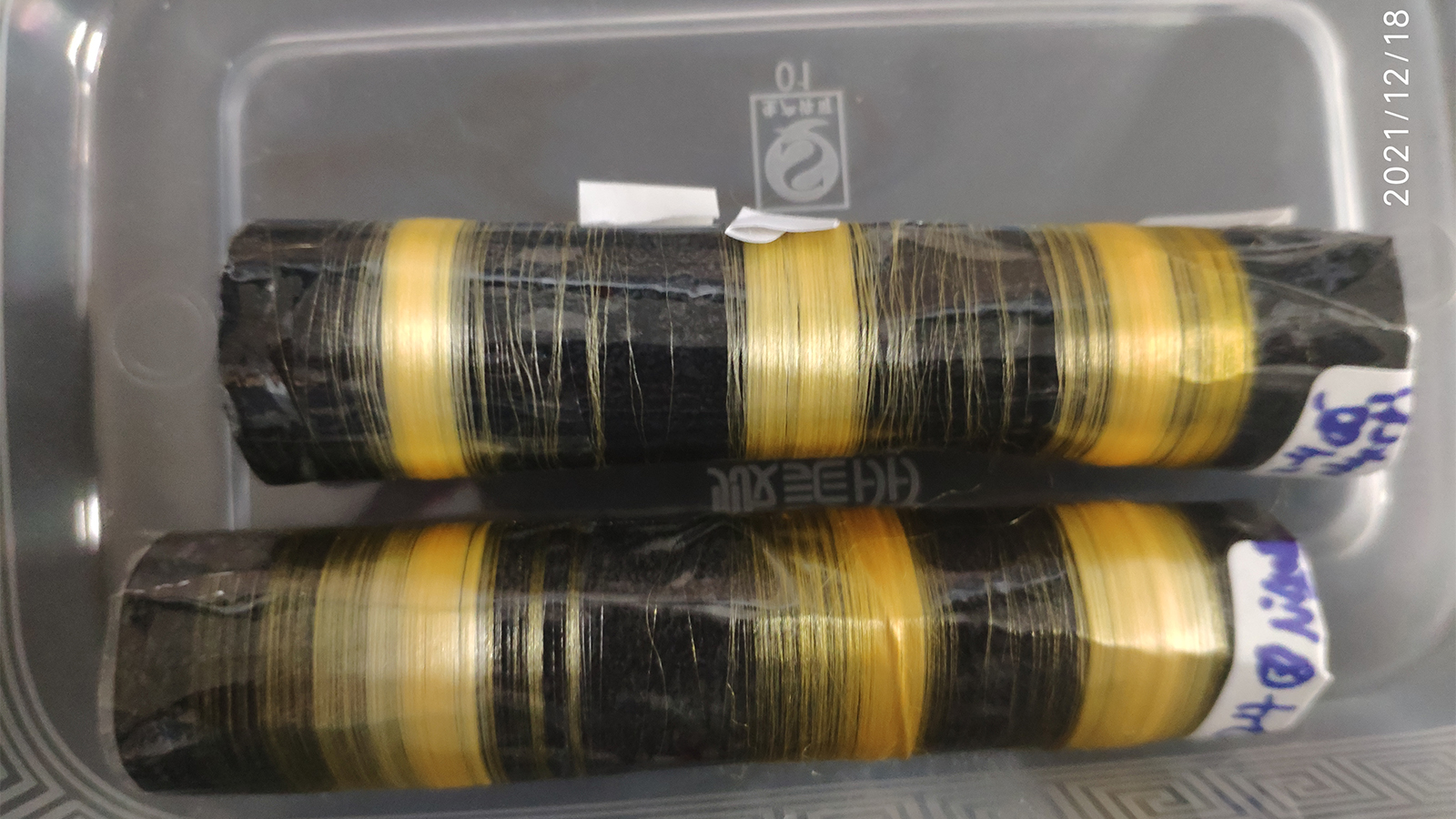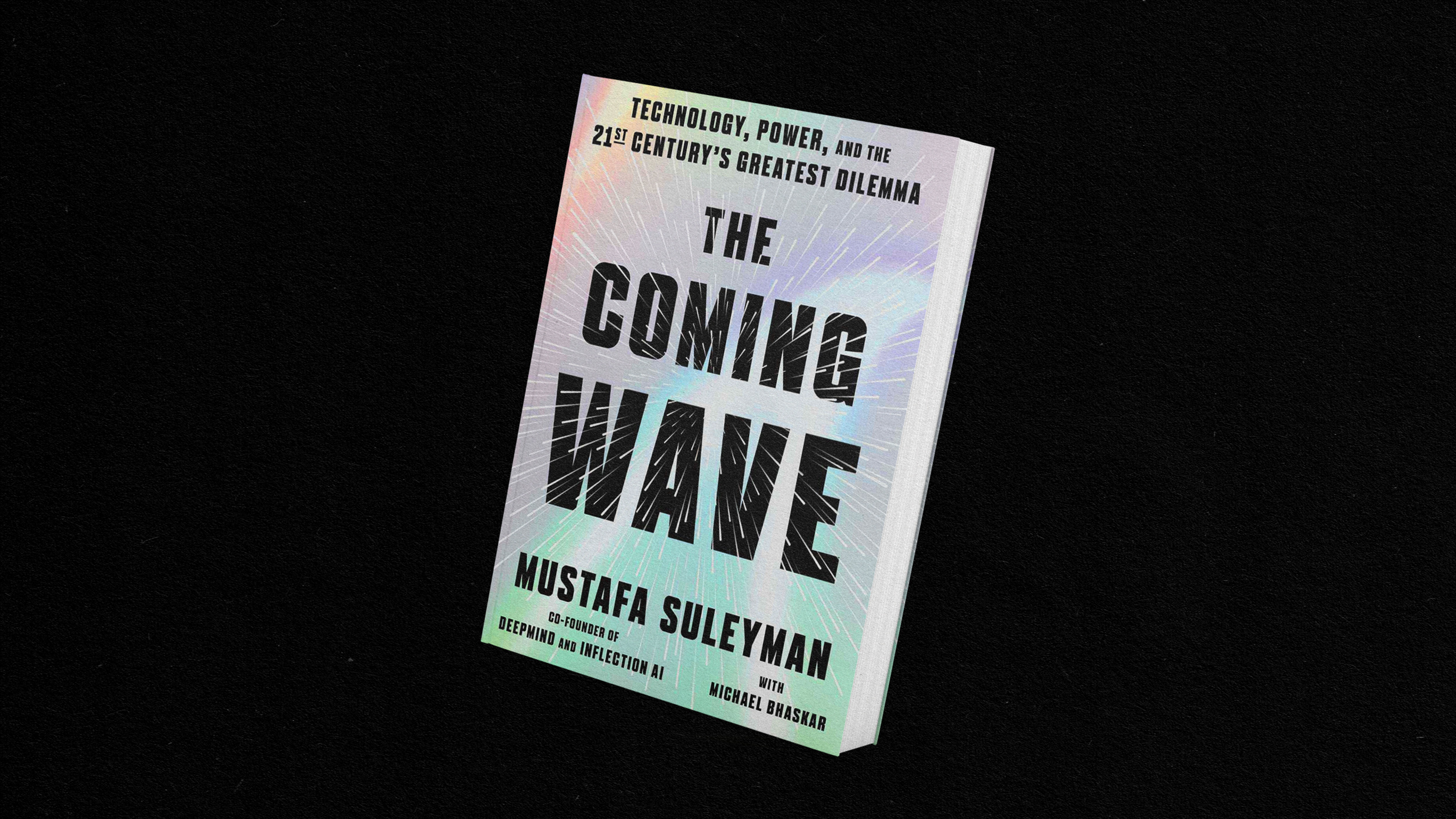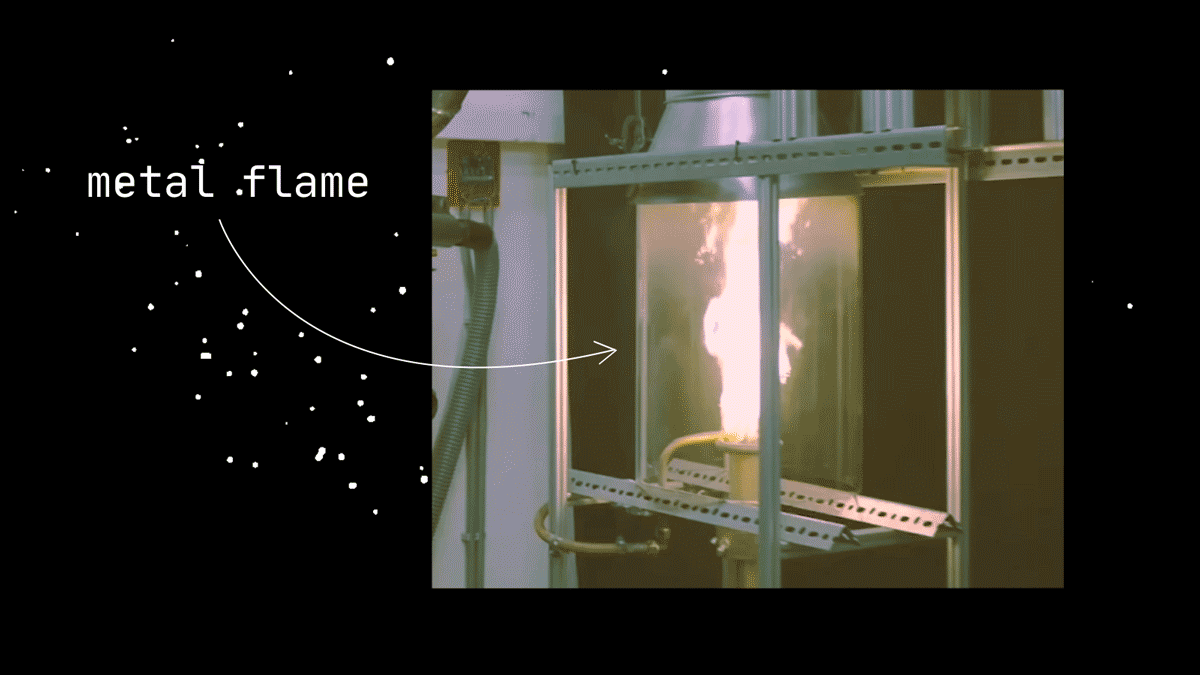The Future
All Stories
People who have a regional accent might prefer robots who speak like them over generic voices.
Tech designed to fuse atoms might be able to clean up space, too.
Former GitHub CEO Nat Friedman just invested $100 million into the company.
Its creators hope the technology will help people meaningfully connect with the external world.
NASA gave three robots plans for a moon shelter, and the robots figured out how to build it.
What Shark Tank pitches, Sundance films, and unusual sandwiches show us about our choices.
Meta and NYU’s robot can navigate and clean rooms it’s never seen before.
Do grim sci-fi scenarios crush our hopes for real-world growth? Author Michael Harris looks elsewhere to unblock the road to a better future.
Whenever someone waxes poetic about terraforming alien worlds, it’s worth taking a moment to consider the ethical implications of the proposal.
A $30,000 electric vehicle with 400 miles of range that charges in under 10 minutes remains a pipe dream over the near future.
The brain-computer interface will be tested in a six-year trial in patients with quadriplegia.
The futuristic weapon could be ready for the battlefield in 5 years.
From AI to health and the metaverse, this year’s CES promised new tech that will change lives long after the excitement of the latest TV wears off.
Smaller family networks, more great-grandparents, and fewer cousins.
The first tests of optical communications far from Earth will take place aboard the asteroid-bound Psyche spacecraft
The problem with today’s AI isn’t it thinking for itself; it’s the tech telling humans whatever we want to hear.
It has already been trialed in people and could give us a better way to analyze and stimulate the brain.
ÄIO’s fermentation process creates healthy, sustainable oils and fats by upcycling low-value industry organics.
It’s not just fun: DNA origami has the potential to revolutionize engineering at the nanoscopic scale.
When ancient humans stared into the darkness, they imagined monsters. Today, staring into the future, AI is the monster.
Google co-founder Sergey Brin’s airship startup hits a major milestone.
Analog could serve as “always-on” computing, while digital is turned on only when necessary.
A unique combination of DNA and silica is the strongest known material for its density (but you’ll need a lot of it before you can build a suit from it).
Scientists have been chasing the dream of harnessing the reactions that power the Sun since the dawn of the atomic era. Interest, and investment, in the carbon-free energy source is heating up.
A massive nuclear fusion experiment just hit a major milestone, potentially putting us a little closer to a future of limitless clean energy.
You can’t farm spiders — but putting spider genes into silkworms works even better.
Artificial general intelligence will not arise in systems that only passively receive data. They need to be able to act back on the world.
Technology goes in directions we can never predict — so we must be prepared to limit the spread of unintended consequences.
Experiments on suborbital rockets are revealing how to make a better iron furnace.
Time to rewrite our understanding of structural engineering.
